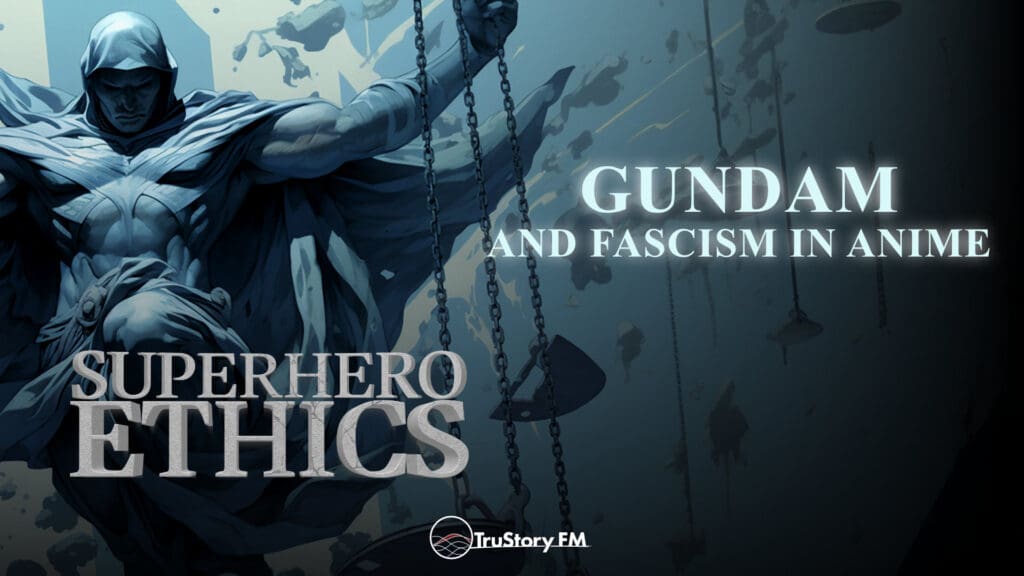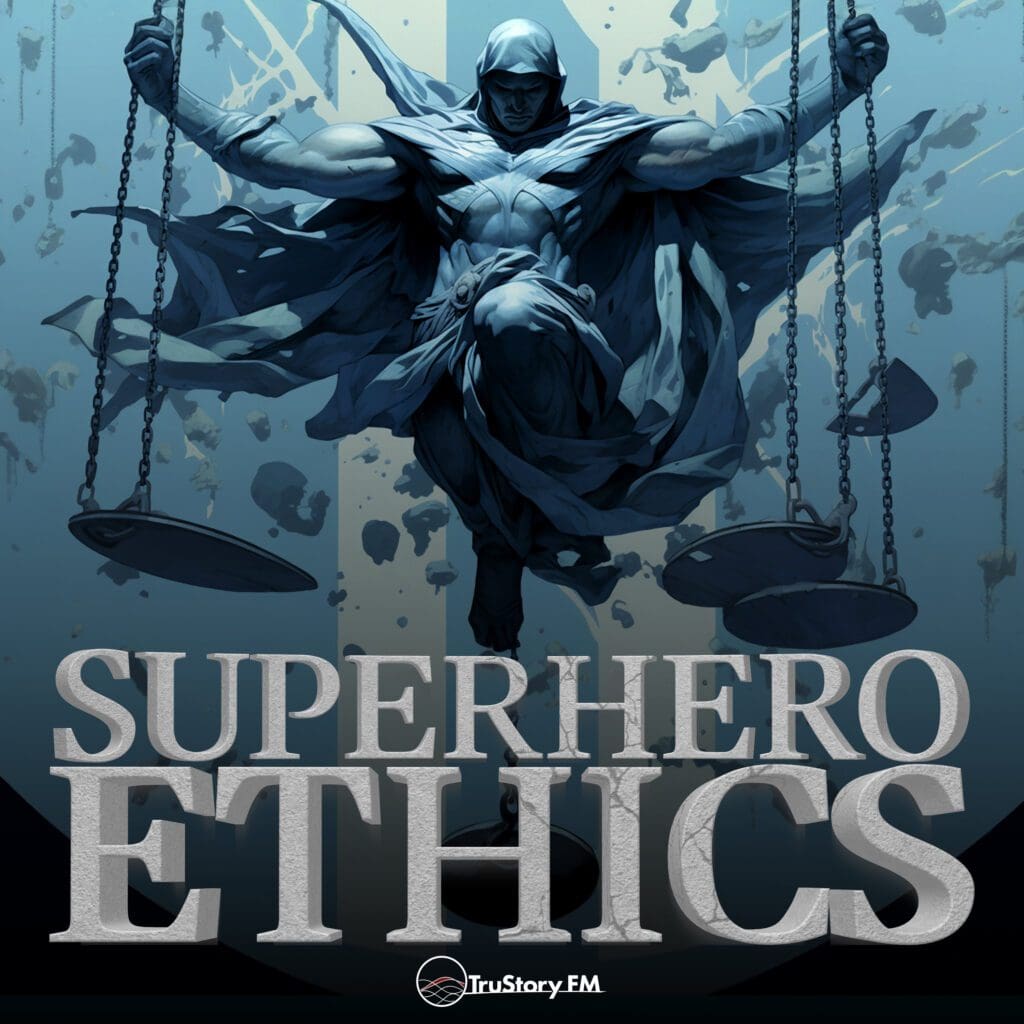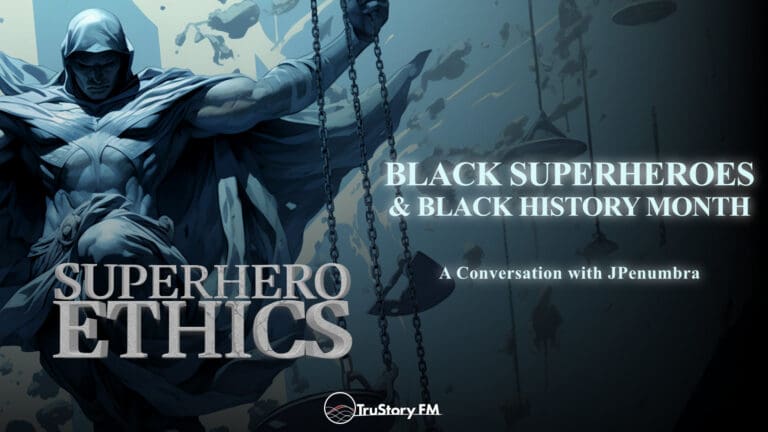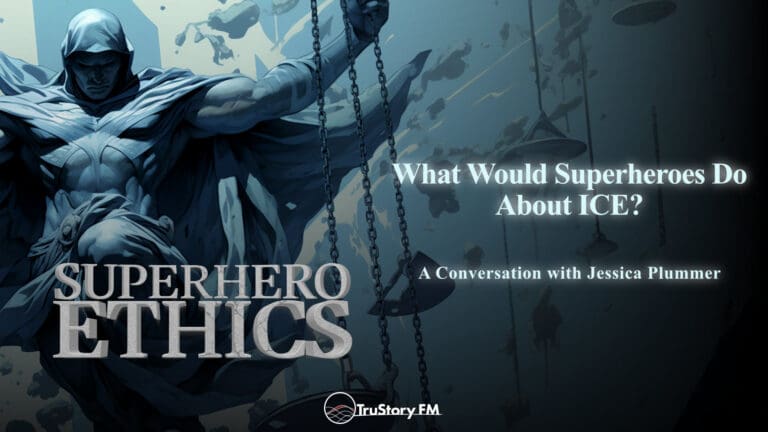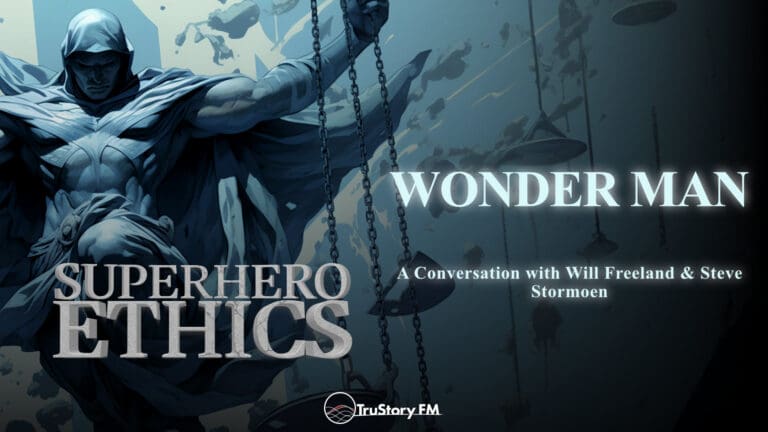Join hosts Matthew and Riki as they analyze Netflix’s Gundam: Requiem for Vengeance through the lens of ethics, narrative responsibility, the wider context of the Gundam story as a whole, and the implications of telling stories from the villains’ perspective.
This episode tackles a crucial question in modern media: When telling a story from an antagonist’s perspective, what responsibility do creators have to make their moral stance clear? The hosts debate whether Requiem for Vengeance succeeds or fails at this task, with Matthew viewing it as an effective introduction to the broader Gundam universe, while Riki expresses serious concerns about its potential misinterpretation.
How does historical context shape our understanding of fictional conflicts? The discussion explores how Gundam’s Zeon forces draw from both Nazi Germany and Imperial Japan, raising questions about how media portrays historical villains and the risk of audiences misinterpreting or glorifying them.
Can a story effectively humanize its villains without legitimizing their cause? The hosts examine protagonist Solari’s character arc and debate whether her tragic choices serve the narrative or risk sending dangerous messages to viewers unfamiliar with Gundam’s established canon.
Other topics covered:
- The evolution of animation technology and its reception by different audiences
- The role of race and racism in the Gundam universe
- How German imagery and references appear in anime
- The challenges of creating prequels or new entry points to established franchises
- The ethical implications of child soldiers in warfare
- The connection between vengeance, grief, and moral decision-making
Whether you’re a longtime Gundam fan or completely new to the franchise, this episode examines how media can shape our understanding of conflict, justice, and the fine line between humanizing villains and valorizing their actions.
Let us know your thoughts: Did you watch Gundam: Requiem for Vengeance? How did your prior knowledge (or lack thereof) of the Gundam universe affect your interpretation of the story?







